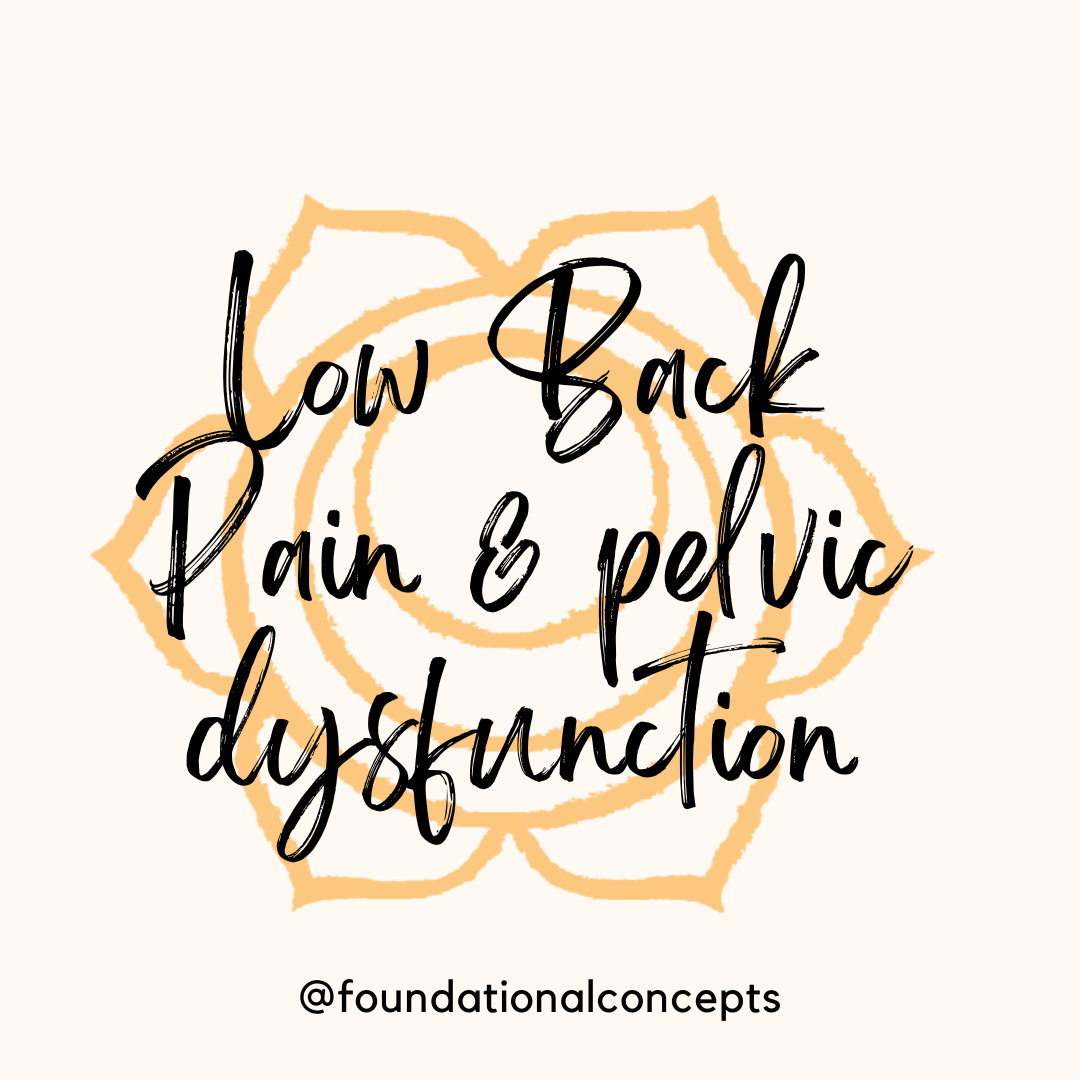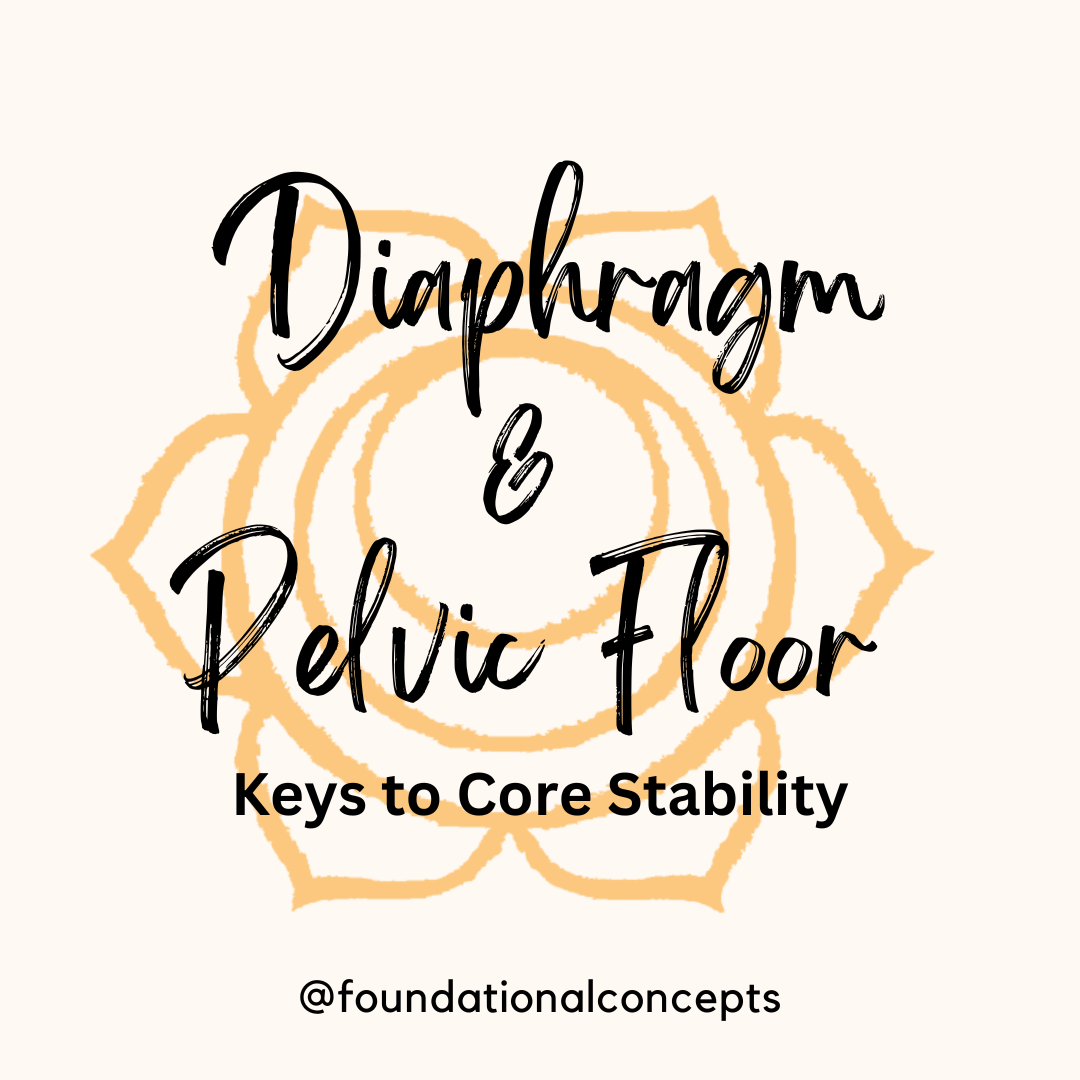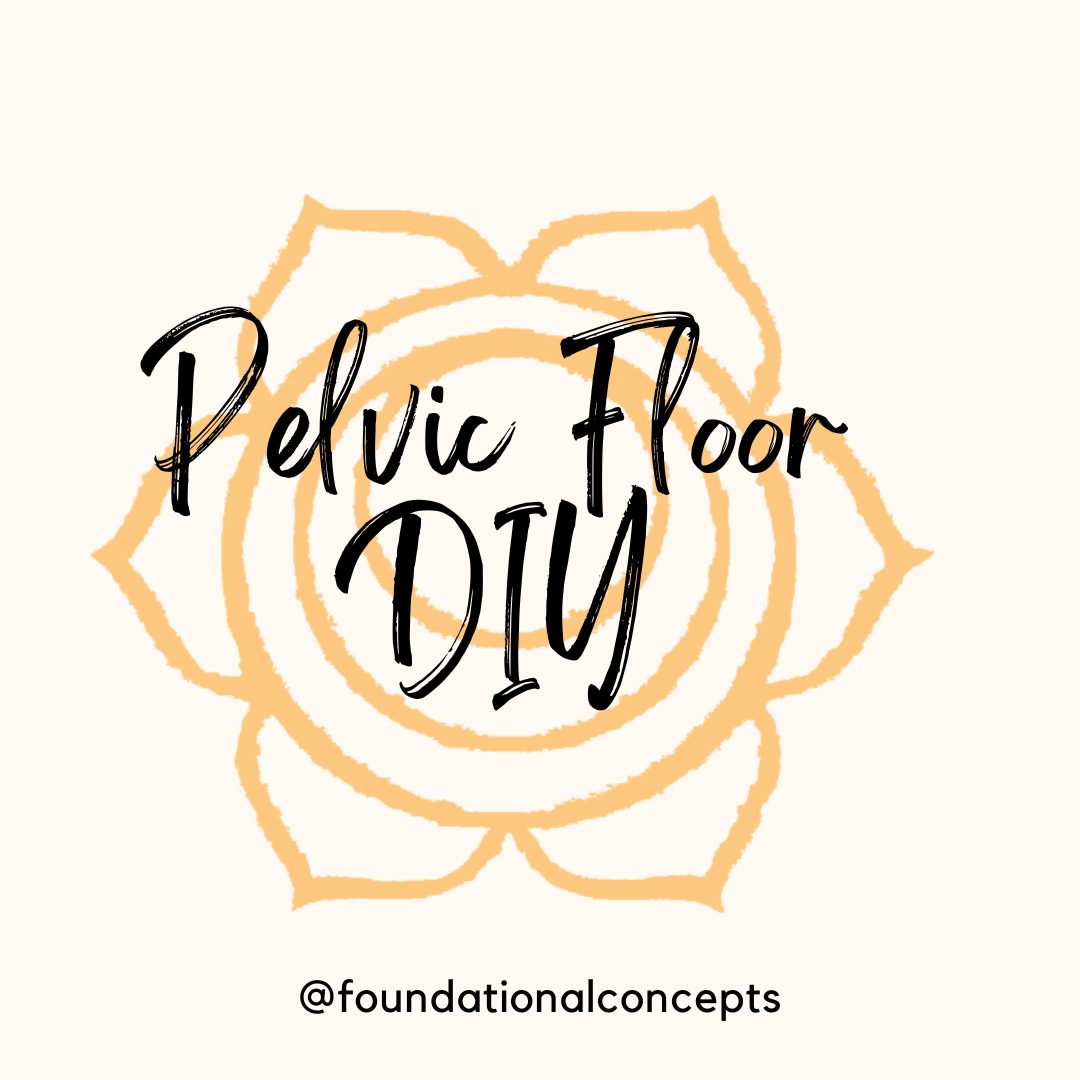When someone comes into physical therapy for back pain, we as physical therapists need to…

Pelvic Floor and the Female Athlete
As a Women’s Health Specialist in Pelvic Floor Physical Therapy I have seen a recent rise in women who are seeking help for pelvic dysfunction related to their sport. When we talk about female athletes, I am not just talking about women who play collegiate sports. This applies to anyone who exercises 4 or more days a week at a moderate to high intensity level. That includes you yogis, pilates addicts, boot campers and cross fitters. There are many reasons that pelvic dysfunction may cause problems related to exercise. I want to talk specifically about pain in the lower part of the body. Pain is indicative of dysfunction. I also want to discuss some of the causes of this dysfunction and how it can be managed.
Exercise and The Pelvic Floor
Let’s talk about exercise. First off, exercise is fantastic. I almost never tell a patient they must stop something they love. Sometimes women are performing an exercise incorrectly, or one that is too demanding for their system. This causes poor muscle recruitment patterns, irregular joint mechanics and in the long term can lead to muscle, joint or ligament pain. Pain causes further guarding, muscle tension and impaired movement patterns which leads to more pain.
Often pain in the spine, pelvis or hips can lead to hyper-vigilance of the pelvic floor muscles. It causes these muscles to be over active, as they work very hard to protect the pelvic region. When these muscles remain “on guard” they can develop pain that can radiate into the lower back, groin, buttock, abdomen or thigh and of course in the vaginal or rectal areas. Often, the pelvic floor is overlooked as a possible problem, as many healthcare professionals are not trained in screening for dysfunction of these muscles.
Muscle Tension and The Pelvic Floor
Muscle tension in the pelvic floor group can also be associated with frequent urination, urgency or even leaking urine. Tension here can also cause bowel issues like constipation or difficulty emptying bowels. Because the pelvic floor muscles function to maintain good bladder and bowel function, tension in the system can impact these daily functions that many of us take for granted – until they don’t work properly.
Muscle tension in the pelvic floor due to poor mechanics or muscle imbalance can also lead to sexual dysfunction. Most often, women complain of pain with intercourse or tampon use. However, it can also cause clitoral pain with orgasm or inability to orgasm. This can be very hard on relationships, and can have a significant impact on self-esteem and emotional state for many women.
We don’t always know why the pelvic floor may develop tension with consistent exercise. It is important to understand that the pelvic floor works in conjunction with many other muscles to provide stability to the spine, pelvis and hips. It also works to control pressure in the abdominal cavity to provide good support for movement. A dysfunction in any muscle in the system can cause problems in another. For example, after delivery of a baby, the abdomen is distended and can often result in a Diastasis Rectus Abdominus. This impacts the function of the abdominal wall, but also causes overuse of other muscles in the area, often the pelvic floor.
Evaluating The Pelvic Floor
If you think you may have an issue with your pelvic floor, I strongly recommend you seek an evaluation by a physical therapist with training in pelvic health. Treatment in athletes most often begins with restoration of healthy muscle patterns, restoring length tension relationships and improving function of the WHOLE body, not just looking at the pelvic floor in isolation. An athlete must be able to provide local stability while performing controlled, global movements of the limbs and trunk. This involves coordination of the diaphragm, pelvic floor, abdominal wall and deep spinal muscles before you progress onto higher level exercise like dead lifts or kettle balls. Once you have restored healthy movement patterns a PT can help you progress specifically for your sport, whatever that may be.
If you are having pain with exercise we would love to help you restore healthy movement patterns, reduce pain and continue leading a life of health and happiness. Contact Foundational Concepts for more information about treating your pelvic floor.
-Sarah Dominguez, PT, MSPT, CLT, WCS



